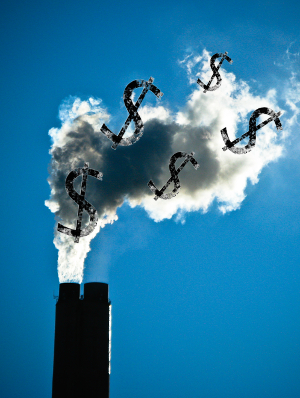Climate review lining up
 The Federal Government has opened the possibility of new climate policies for the energy sector.
The Federal Government has opened the possibility of new climate policies for the energy sector.
The Turnbull has outlined the terms of its upcoming review of the Direct Action climate policy, looking at creating a set of policies on a “sector-by-sector basis”.
The government’s emissions reduction fund and its safeguard mechanism are on the table for the review, with an internal report from the Department of Environment and Energy expected by the end of next year.
Critics want the existing ‘Direct Action’ framework to be converted to a baseline and credit scheme, which would constitute a form of carbon trading.
The terms of reference to be outlined this week come just a few weeks before Chief Scientist Alan Finkel’s review into energy security and Australia’s climate commitments, which will be available at a COAG meeting early this month.
The Direct Action review could be a chance for the Turnbull government to change its image on climate change, as current policies have been widely criticised as inadequate and disingenuous.
Business groups, energy in particular, say they want some improvement in the toxic nature of the way climate policy is discussed. They are also keen for any kind of solidarity to move ahead on, with the uncertainty of previous policies having harmed investment nationwide.
But insiders say the Government cannot go too far without risking a rift within factions of the Coalition.
The Direct Action review opens to the door to consideration of international carbon credits as a way to meet Australia’s emissions reduction targets – something former PM Tony Abbott comprehensively ruled out.
It could also look at post-2030 emissions reduction goals for Australia.
One of the strongest suggestions being kicked around so far is for the Government to create an emissions intensity trading system for the electricity sector.
This is a move that some suggest the Finkel review will recommend, and something that state-level energy ministers have mooted as well.
There is room for improvement in the way the federal government interacts with the state tier, which have clashed in recent months of the level and variance in state-based renewable energy targets.
While most states have a renewable target that is considerably higher than the federal government’s, the federal government has still complained about inconsistency across the country.
The states say the Commonwealth should follow their lead, as their RETs already do much of the work to help Australia meet its emissions targets.
The review will look at international developments in climate change policy, suggesting there is concern about the prospect of the US pulling out of the Paris climate agreement.
Energy and environment minister Josh Frydenberg said business and the community figures would be consulted throughout the 12-month Direct Action review process.
“Australia’s approach to climate policy is to meet our international emissions reduction commitments while at the same time maintaining energy security and affordability,” the minister said.
“The government is committed to adopting a non-ideological approach to emissions reduction to ensure we secure the lowest cost of abatement.”







 Print
Print